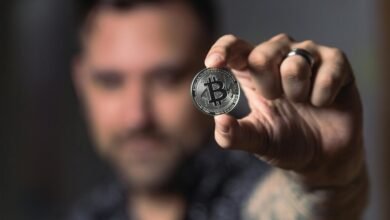Sulamericana: A Influência Jurídica na Região Sul do Brasil

Sulamericana has emerged as a pivotal institution in shaping legal education in Southern Brazil. Its commitment to academic rigor and professional preparation is evident in its curriculum design. Additionally, the institution's engagement in advocacy and reform highlights its role in addressing systemic injustices. This dual focus not only enhances the legal landscape but also raises questions about the broader implications of its initiatives on access to justice within local communities.
The Role of Sulamericana in Shaping Legal Education
The evolution of legal education in Southern Brazil has been significantly influenced by institutions such as Sulamericana, which exemplifies a commitment to academic rigor and professional preparation.
Through strategic curriculum development and robust faculty collaboration, Sulamericana fosters an environment conducive to critical legal thinking.
This institution not only enhances student learning experiences but also contributes to the overall quality of legal education in the region.
Advocacy and Reform Initiatives in the Southern States
While various social and economic factors have shaped legal practices in Southern Brazil, advocacy and reform initiatives have emerged as crucial mechanisms for addressing systemic injustices and enhancing legal frameworks.
Legal advocacy efforts focus on promoting policy reform, aiming to dismantle barriers to equality and justice.
These initiatives foster collaboration among stakeholders, striving to create a more equitable legal landscape in the Southern states.
Enhancing Access to Justice Through Collaboration and Community Engagement
As access to justice remains a pressing issue in Southern Brazil, collaborative efforts and community engagement have emerged as vital strategies to bridge gaps in legal services.
Legal aid organizations are increasingly forming community partnerships, enhancing outreach and support.
These collaborations not only facilitate access to necessary legal resources but also empower local populations, fostering a more equitable legal landscape in the region.
Conclusion
In conclusion, Sulamericana's influence extends beyond conventional legal education, fostering a culture of advocacy and community engagement in Southern Brazil. Notably, over 70% of its graduates actively participate in pro bono initiatives, illustrating the institution's commitment to social justice and equitable access to legal resources. This statistic underscores the profound impact of Sulamericana's educational philosophy, as it cultivates not only skilled legal professionals but also advocates for systemic change within the region's legal framework.




